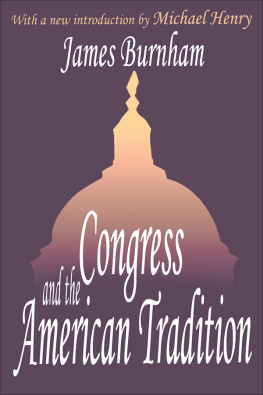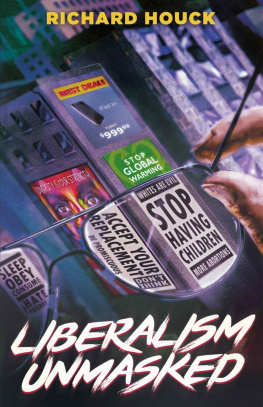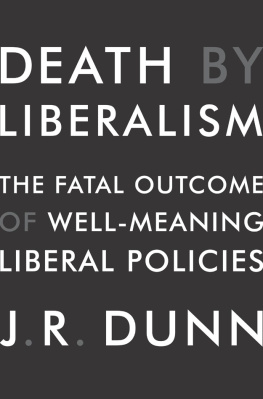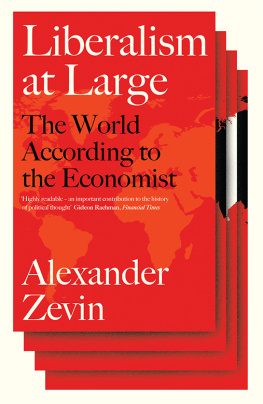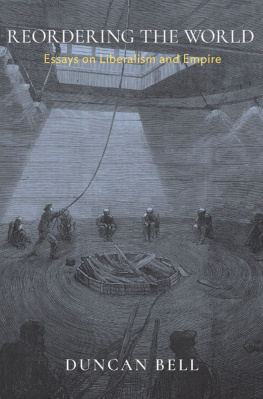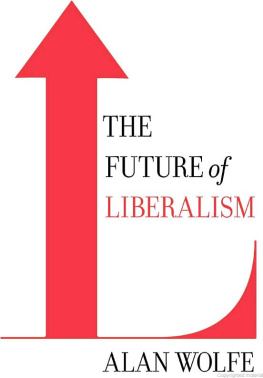SUICIDE OF THE WEST
BOOKS BY JAMES BURNHAM
THE MANAGERIAL REVOLUTION
THE MACHIAVELLIANS
THE STRUGGLE FOR THE WORLD
THE COMING DEFEAT OF COMMUNISM
CONTAINMENT OR LIBERATION?
THE WEB OF SUBVERSION
SUICIDE OF THE WEST
INTRODUCTION TO PHILOSOPHICAL ANALYSIS
(with Philip Wheelwright)
THE CASE FOR DE GAULLE
(with Andr Malraux)
CONGRESS AND THE AMERICAN TRADITION

2014 by James Burnham
Foreword 2014 by John OSullivan
Introduction 2014 by Roger Kimball
All rights reserved. No part of this publication may be reproduced, stored in a retrieval system, or transmitted, in any form or by any means, electronic, mechanical, photocopying, recording, or otherwise, without the prior written permission of Encounter Books, 900 Broadway, Suite 601, New York, New York, 10003.
First hardcover edition published in 1964 by John Day Co.
First paperback edition published in 1985 by Regnery Publishing.
Second paperback edition published in 2014 by Encounter Books, an activity of Encounter for Culture and Education, Inc., a nonprofit, tax exempt corporation.
Encounter Books website address: www.encounterbooks.com
The paper used in this publication meets the minimum requirements of ANSI/NISO Z39.48-1992 (R 1997) (Permanence of Paper).
SECOND AMERICAN PAPERBACK EDITION
LIBRARY OF CONGRESS CATALOGING-IN-PUBLICATION DATA
Burnham, James, 1905-1987.
Suicide of the West : an essay on the meaning and destiny of liberalism / by James Burnham.Revised paperback edition.
pages cm
ISBN 978-1-59403-784-9 (ebook)
1. LiberalismUnited States. 2. United StatesPolitics and government20th century. I. Title.
JK271.B728 2014
320.51'30973dc23
2014025111
I dedicate this book to all liberals of good will
CONTENTS
JAMES BURNHAM IS USUALLY seen as a cool and unsentimental analyst of world politics and ideological movements in the twentieth century. This description is certainly one that fits most of his major works, such as The Machiavellians (his best book, in my judgment) and The Struggle for the World (his most consequential book). It also accords with his advice in these works for assessing and dealing with global politics and ideologies. And it probably reflects his own image of himself as a sober realist warning people not to trust the idealistic slogans that mask the cruel realities of all power.
In most of his works, he seems to be saying, like the Prophets: This world is a vale of tears. Dont expect justice in it. The wicked flourish like a green bay tree. The good are doomed to be continually betrayed and disappointed. The best we can hope for is that a balance between different masters, between greater and lesser evils, will allow the humble to enjoy a moderate temporary prosperity. Analyze your way to that clearing in the jungle as best you can.
His famous maxims at National Reviewwhere he is remembered by Linda Bridges and Rick Brookhiser as a quiet, authoritative, exacting editor and a kindly colleague beneath a restrained, gentlemanly exteriorexude the same dry, unillusioned tone of rebuke to human self-deception. For instance: You cant invest in retrospect.
Some of Burnhams critics, notably George Orwell, accept this self-portrait of the artist as a self-consciously scientific, even amoral, analyst of power politics. Orwells criticism, indeed, includes the accusation that Burnham displays altogether too much relish when he is describing the remorseless necessities that drive men to oppress and murder others in uncertain times. He comes close, writes Orwell, to the worship of power under a mask of realism.
All these aspects of Burnhams literary personality, except perhaps the last, support the picture of him as a realist, almost passionless, analyst. But this impression is blown away by reading even a few pages of Suicide of the West. There can be no real doubt that this is the work of an engaged and passionate writer responding fiercely to events in the world that strike him as something between a tragedy and an outrage.
The realism is there still, as it always is. So is the cold logical reasoning. But they are not expressed coldlyand not indignantly either, since a Lear-like raging at the political weather is for Burnham the mark of modern American liberalism. On the contrary, the realism and logic are expressed sarcastically, wittily, savagely, and at times with a kind of despairing enjoyment at the repeated follies of his inveterate opponents in the liberal camp.
Suicide of the West is the first book in which Burnham grabs his readers by the lapels and shakes them hard rather than merely pointing quietly to obvious facts they have managed to avoid noticing. His arguments are as strong as ever, but not always as minutely documented. He builds his case against liberalism with bold insights as much as with his usual logical deductions. His tone is prophetic rather than professorial. Injustice and folly no longer amuse him; they enrage him. This is the unbuttoned Burnham. And the result may not be his best book, but it surely is his most inspired.
What inspired him, then? Let me suggest three things.
First, as Roger Kimballs fine and informative introduction establishes, Burnhams life was a succession of different moral, political, and artistic commitments until he reached a permanent haven in the 1950s. He was an aesthete in the 1920s, a Trotskyist in the 1930s, a theorist of oligarchic collectivism (see Orwell) in the first half of the 1940s, an anti-communist strategist in the second half, and a founder of a new American conservatism in the 1950s. These are the conversions of a man highly attuned to the spirit of the age even when he was sharply opposed to it. As such, he divined in the early 1960s what was to happen in the later Sixties. And this shaman-like sensitivity transformed the tone of his arguments even when he was rehashing older material from his lecturing days.
Second, the contradiction between the objective realities of the early 1960s and the response of liberal policymaking must have been infuriating to an observer of Burnhams insight and ability. Though the West and in particular the United States were dominant economically, militarily, and morally, they were everywhere faltering, uncertain, or even in retreatover Hungary, Suez, Algeria, Vietnam, the Bay of Pigs, and so on. Burnham had argued for a form of political warfare designed to undermine the Soviets; he thought containment inadequate, and even that was being feebly enforced.
Next page


